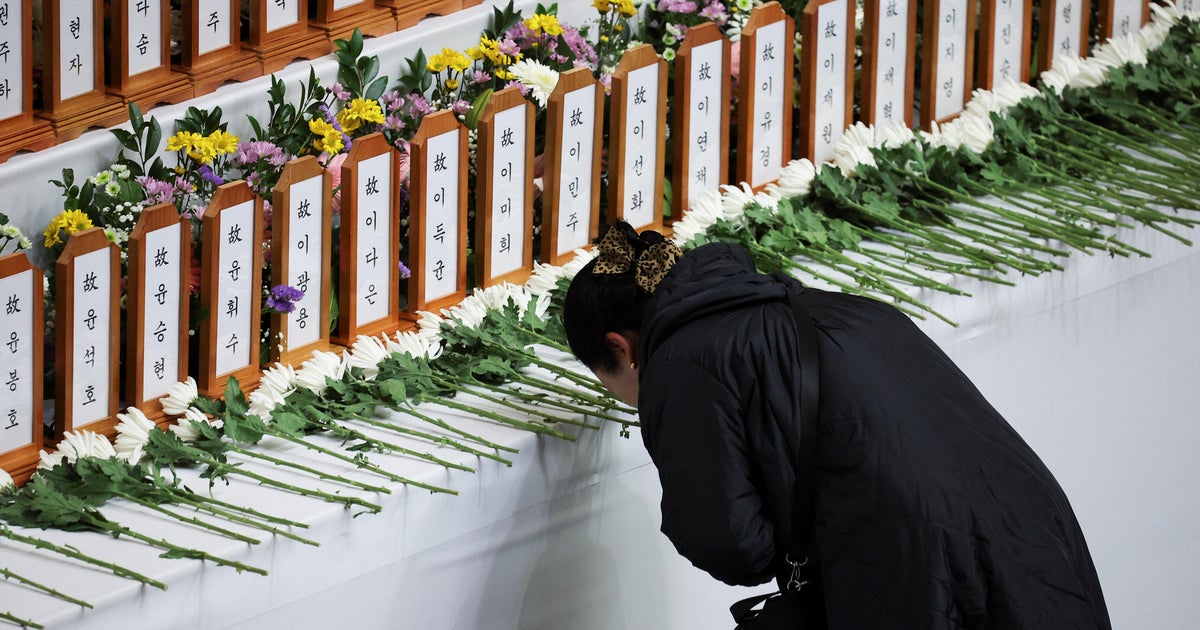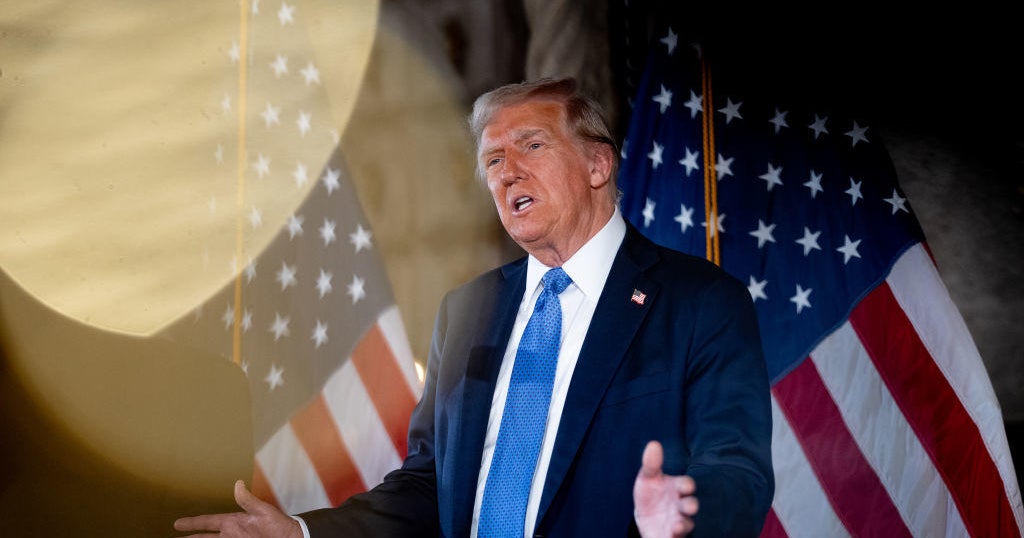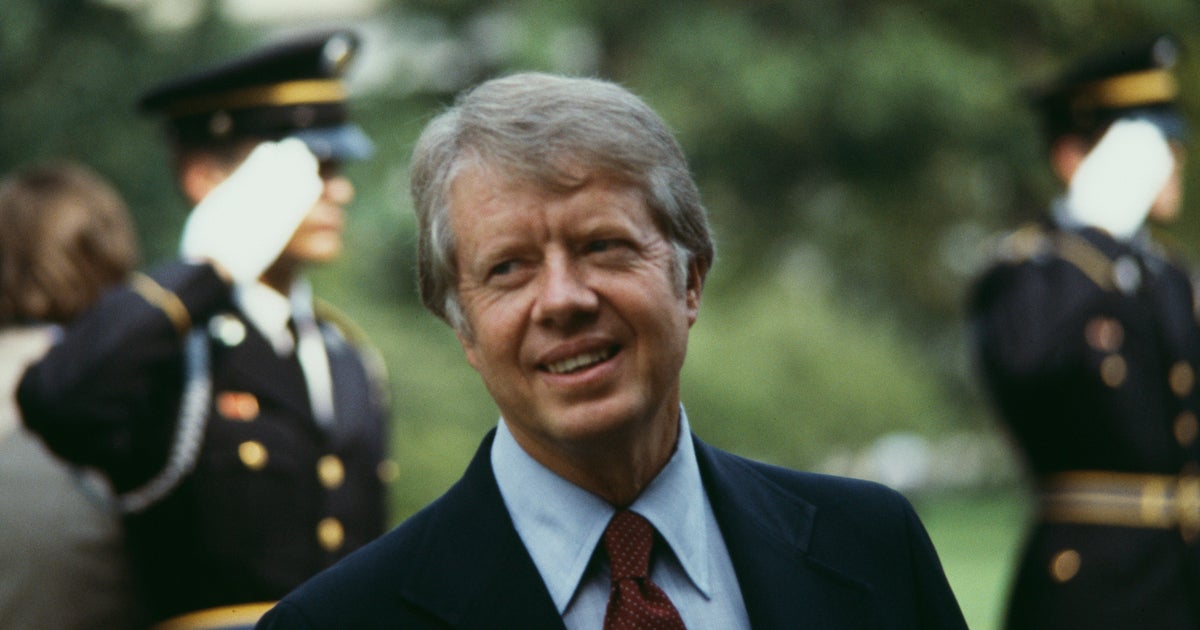Former diplomat Richard Haass on Trump's Asia trip, impact of tensions with Tillerson
Richard Haass, president of the Council on Foreign Relations and a former diplomat, joined "CBS This Morning" to discuss the high stakes of President Trump's trip to Asia, the most important issues the president will face as he meets with world leaders, and the impact of the tensions between Mr. Trump and Secretary of State Rex Tillerson.
Many of the State Department's most senior positions sit unfilled and 48 of the 188 ambassador posts are vacant, including the one in South Korea.
"The fact that the president is heading off to Seoul – North Korea's the centerpiece of the visit – we don't have an ambassador there, we don't have the access to the government there we need. We don't get the advice we need. This is a self-inflicted wound," Haass said.
President Trump has publicly undermined Tillerson a number of times, most recently raising doubt about his future in the administration during an interview Thursday with Fox News' Laura Ingraham.
"It puts him in an impossible situation and it's not just about Rex Tillerson, it's about who comes after Rex Tillerson. If the president isn't determined to make sure his secretary of state will succeed, the secretary of state can't succeed," Haass said.
In terms of policy goals, Haass said the most important items on the table are gathering enough support from South Korea, Japan and chiefly China in order to put real pressure on North Korea, as well as trade. Haass says avoiding a trade war with China would be a win.
"The president's got five stops; trade will figure prominently in each one, and it's really the United States that's out of sync. Remember, the first big foreign policy decision of this president was what? To yank the United States out of the Trans-Pacific Partnership. So we are completely out of sync with our allies and potentially we could be in something of a trade confrontation with China," Haass said. "The avoidance of a real trade war, I think that's the most you can hope for. The idea that we would re-enter the Trans-Pacific Partnership ain't gonna happen."
Earlier this week, the Trump administration tried to distance itself from Robert Mueller's investigation into Russia's interference in the 2016 presidential election as the first indictments came down. While Haass doesn't see the growing probe hanging over the administration as something that would particularly faze the governments he is visiting, he does see it as a threat to the president's focus during the trip.
"It could be a distraction in some ways for this president. It's a backdrop you don't need," Haass said. "Particularly in North Korea. This is a country that's months or at most a year away from having nuclear weapons they can put on missiles that will reach the United States. We don't need any distractions."
In a White House press briefing Thursday, national security adviser H.R. McMaster said that the denuclearization of the Korean peninsula is the only acceptable outcome.
"I see that as a really unhelpful comment," Haass said. "It's obviously a desirable outcome but it's not going to happen. Are we willing to accept some lesser, interim stages? If not, then we're basically saying you don't believe in diplomacy, which either means we live with the North Korea that can threaten us or we go to war. I do not understand why we are not embracing more modest diplomatic outcomes."



